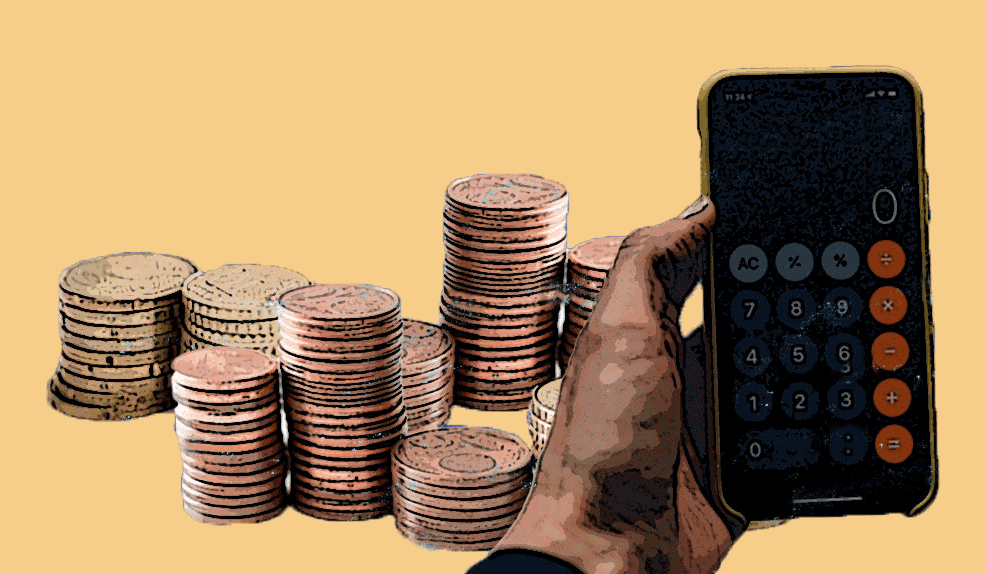How to Manage Your Money Wisely: A Beginner’s Guide to Personal Finance
How to Manage Your Money Wisely: A Beginner’s Guide to Personal Finance
Managing money wisely is a crucial life skill that everyone should learn—yet it’s rarely taught in schools. Whether you’ve just started earning or you’re looking to improve your financial habits, understanding personal finance can lead to more freedom, less stress, and a more secure future. This beginner’s guide will walk you through practical steps to take control of your finances and build a strong financial foundation.
1. Understand Your Income and Expenses
The first step in managing your money is knowing exactly how much you earn and where it goes. Create a list of all your sources of income—this could include your salary, freelance work, side hustles, or investment returns. Then list your monthly expenses, including rent, utilities, groceries, transportation, subscriptions, and entertainment.
Tip: Use budgeting apps or spreadsheets to track your cash flow. Tools like Mint, YNAB (You Need A Budget), or a simple Excel sheet can help you visualize your financial habits.
2. Create a Realistic Budget
A budget is your financial blueprint. It tells your money where to go instead of wondering where it went. Start by allocating your income into categories such as necessities, savings, debt repayment, and personal spending.
Popular Method: The 50/30/20 Rule
- 50% of income for needs (rent, groceries, bills)
- 30% for wants (dining out, shopping, hobbies)
- 20% for savings and debt repayment
Make sure your budget is realistic and flexible. It should reflect your actual lifestyle and be adaptable as your situation changes.
3. Build an Emergency Fund
An emergency fund is money set aside for unexpected expenses like medical emergencies, car repairs, or job loss. Without it, you may fall into debt when life throws you a curveball.
Goal: Save at least 3–6 months’ worth of living expenses.
Where to Keep It: A separate, easily accessible high-yield savings account.
Start with small goals—maybe $500 or $1,000—and gradually build it up.
4. Avoid and Manage Debt Wisely
Debt can be a major obstacle to financial freedom. While not all debt is bad (e.g., student loans or mortgages), high-interest debt like credit cards can be harmful if not managed properly.
Tips to Handle Debt:
- Pay on time to avoid penalties and improve your credit score.
- Pay more than the minimum to reduce interest charges.
- Use the snowball or avalanche method to pay off multiple debts.
Avoid taking on new debt unless it’s absolutely necessary and part of a long-term plan.
5. Save Consistently
Saving is the cornerstone of financial health. It allows you to prepare for future goals like buying a house, traveling, or retiring comfortably.
Start Small: Even saving 10% of your income regularly can grow significantly over time thanks to compound interest.
Automate It: Set up automatic transfers to your savings account right after payday so you’re not tempted to spend it.
6. Start Investing Early
Saving alone isn’t enough if you want your money to grow significantly. Investing allows your money to work for you over time. The earlier you start, the more you benefit from compound growth.
Beginner-Friendly Options:
- Index Funds and ETFs (Exchange-Traded Funds)
- Robo-advisors for automated investing
- Retirement Accounts like IRAs or employer-provided 401(k)s
Don’t wait to invest until you “have more money.” Start with whatever you can—even $50 a month can make a difference over the years.
7. Set Short-Term and Long-Term Financial Goals
Financial goals give your money a purpose. Short-term goals might include saving for a vacation or paying off a credit card. Long-term goals could be buying a house or retiring early.
SMART Goals Framework:
- Specific
- Measurable
- Achievable
- Relevant
- Time-bound
Break big goals into smaller milestones to stay motivated and on track.
8. Use Credit Responsibly
Credit can be a useful financial tool when used wisely. It helps build your credit history, which affects your ability to rent an apartment, get a mortgage, or even land certain jobs.
Smart Credit Habits:
- Pay your credit card in full each month
- Keep your credit utilization below 30%
- Avoid applying for too many credit lines at once
Check your credit report regularly and dispute any errors to maintain a healthy credit score.
9. Educate Yourself About Personal Finance
The more you know, the better financial decisions you can make. Fortunately, personal finance education is more accessible than ever. Take time each week to learn something new.
Free Resources to Learn From:
- Finance blogs and YouTube channels
- Podcasts like The Dave Ramsey Show, Afford Anything, or The Ramsey Show
- Books like The Richest Man in Babylon, Your Money or Your Life, and I Will Teach You to Be Rich
Knowledge is power—and in this case, it’s also money saved and money earned.
10. Review and Adjust Regularly
Your financial situation will evolve over time. Job changes, new family members, unexpected expenses, or economic shifts can affect your plan. Review your budget, savings goals, and investments at least once every quarter.
Ask Yourself:
- Are you staying within your budget?
- Are your financial goals still relevant?
- Is there room to save or invest more?
Staying flexible and proactive helps ensure long-term financial success.
Final Thoughts
Managing your money wisely doesn’t require a finance degree—it just takes awareness, planning, and consistency. As a beginner, it’s okay to make mistakes. What matters most is that you start and keep learning as you go.
Personal finance is a journey, not a destination. With these ten tips, you’re well on your way to building a secure, stress-free financial future.










